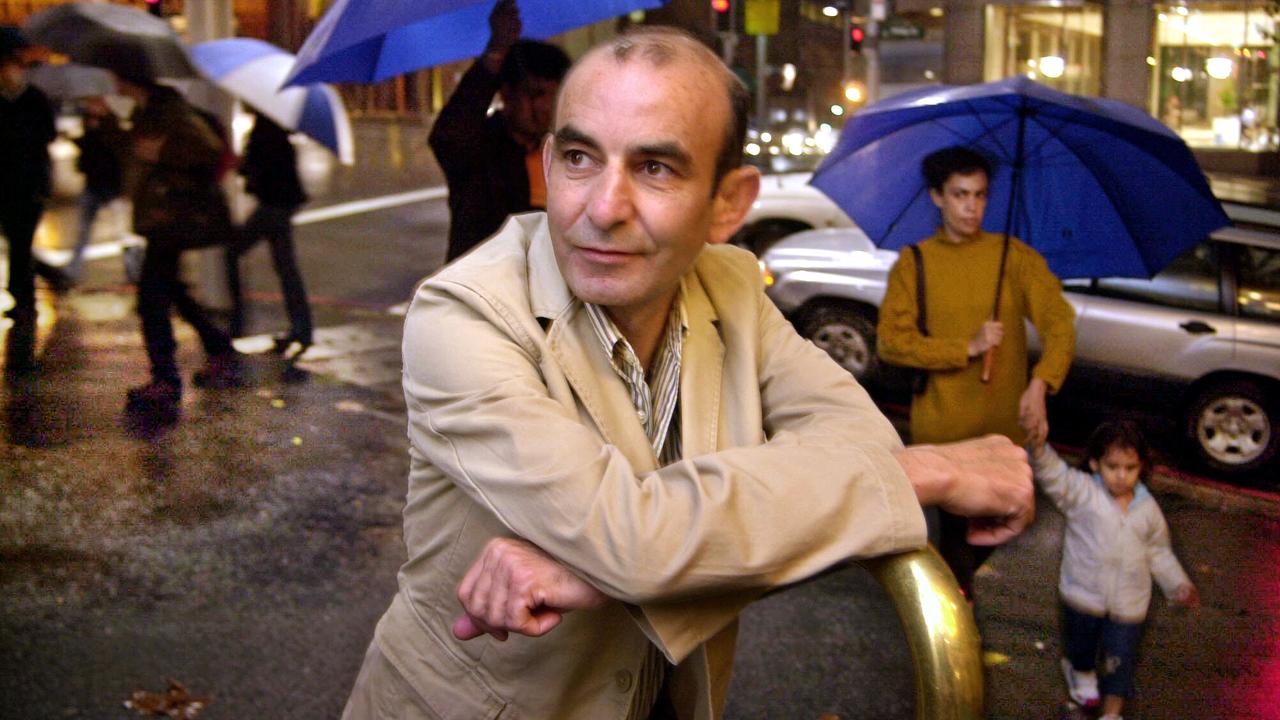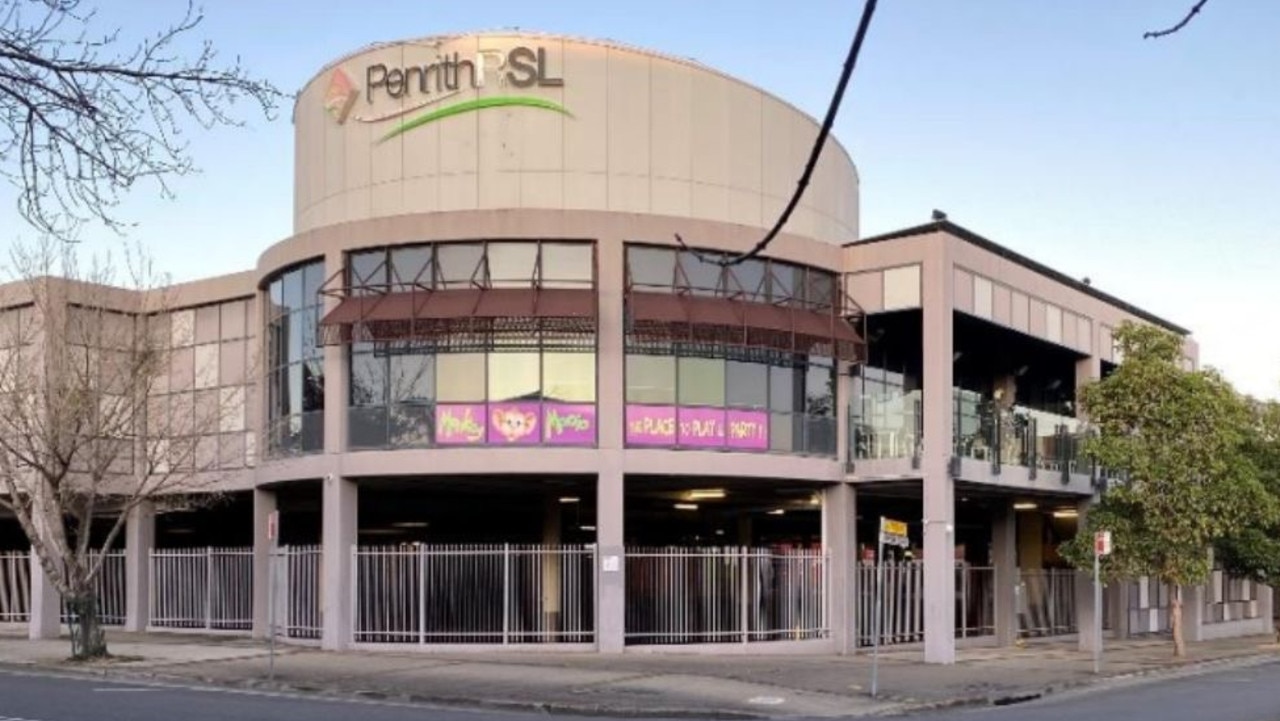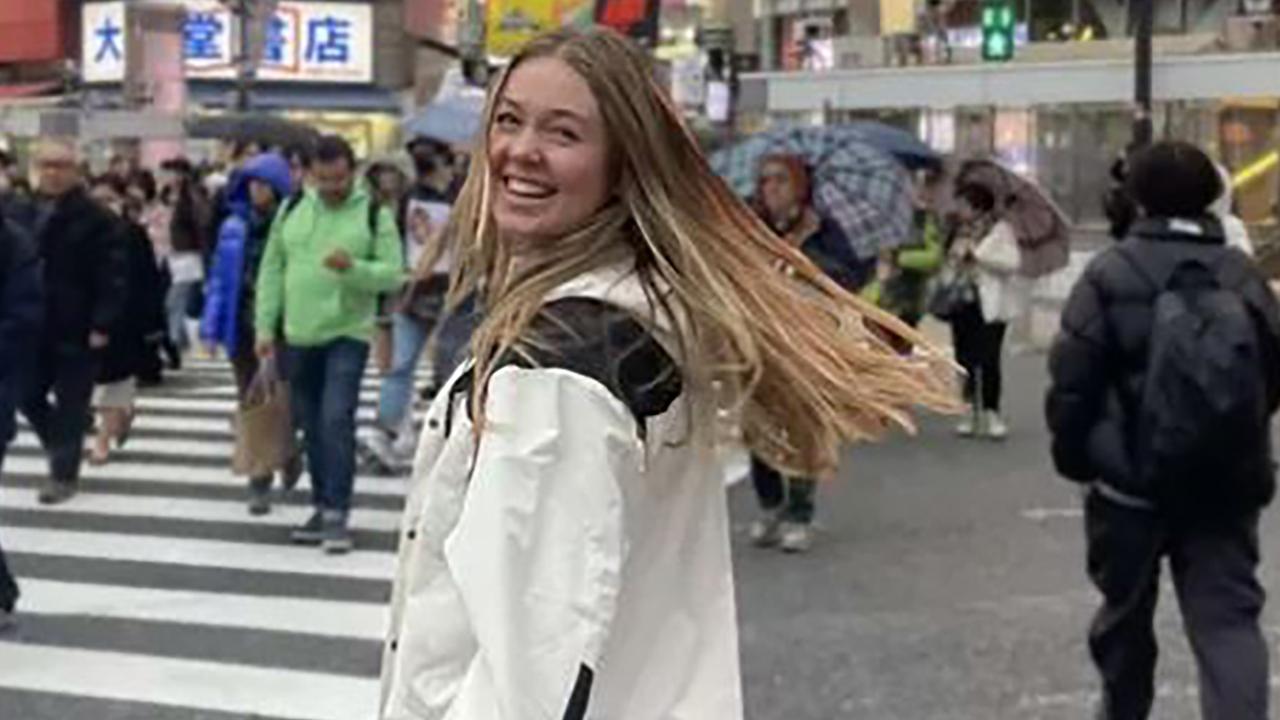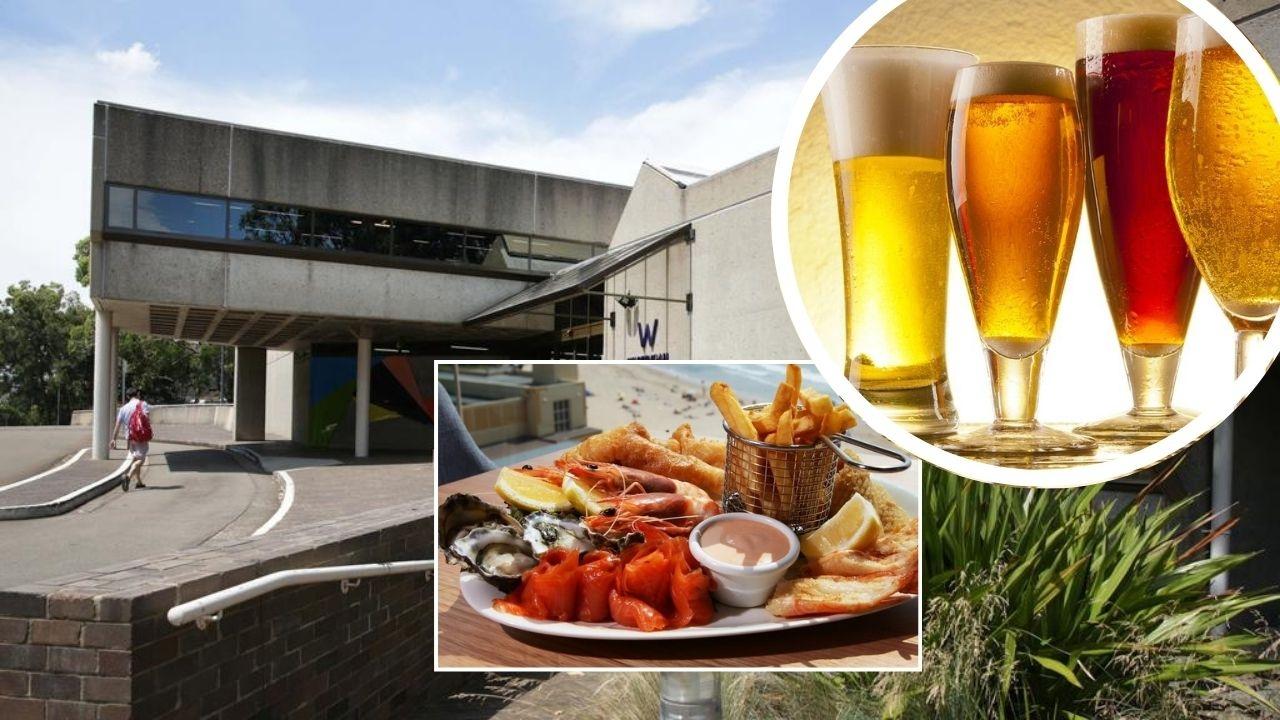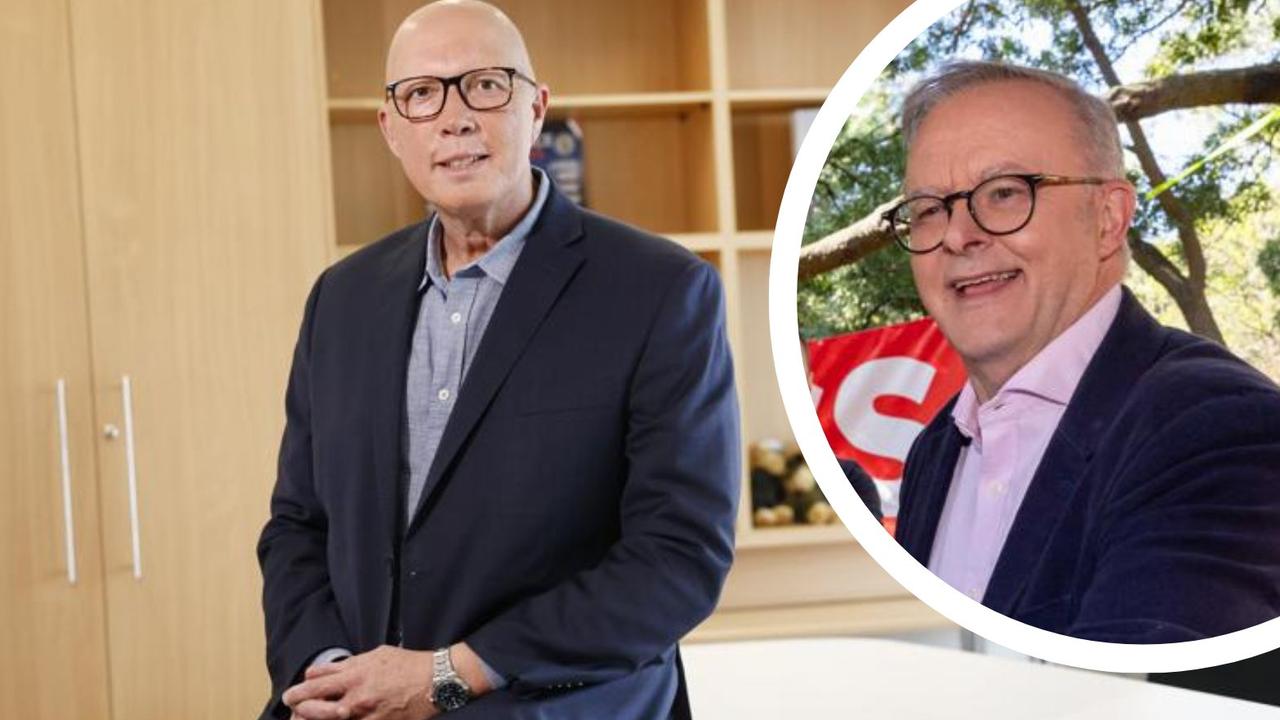New powers for immigration detention centre staff in fight against violent criminals
Legislation to combat criminal gangs menacing immigration detention centres will allow staff to search for and seize prohibited items without a warrant.

NSW
Don't miss out on the headlines from NSW. Followed categories will be added to My News.
The Federal Government will introduce legislation to boost search and seizure powers in immigration detention centres in response to revelations dangerous criminal gangs are running amok, threatening the safety of staff and detainees alike.
The Telegraph revealed earlier this year the detention centre population has shifted away from asylum seekers towards people who have had their visas cancelled on character grounds, many of whom have serious criminal histories.
About 90 per cent of the current caseload hold a criminal conviction, including for violent and drug-related crimes, creating a prison-like culture.
The current cohort includes Outlaw Motorcycle Gang members, which brings a higher degree of volatility and organised criminality into the system.
That has led to a notable increase in substance-related incidents and regular threats and acts of violence against other detainees, Australian Border Force officers, other staff and contractors.
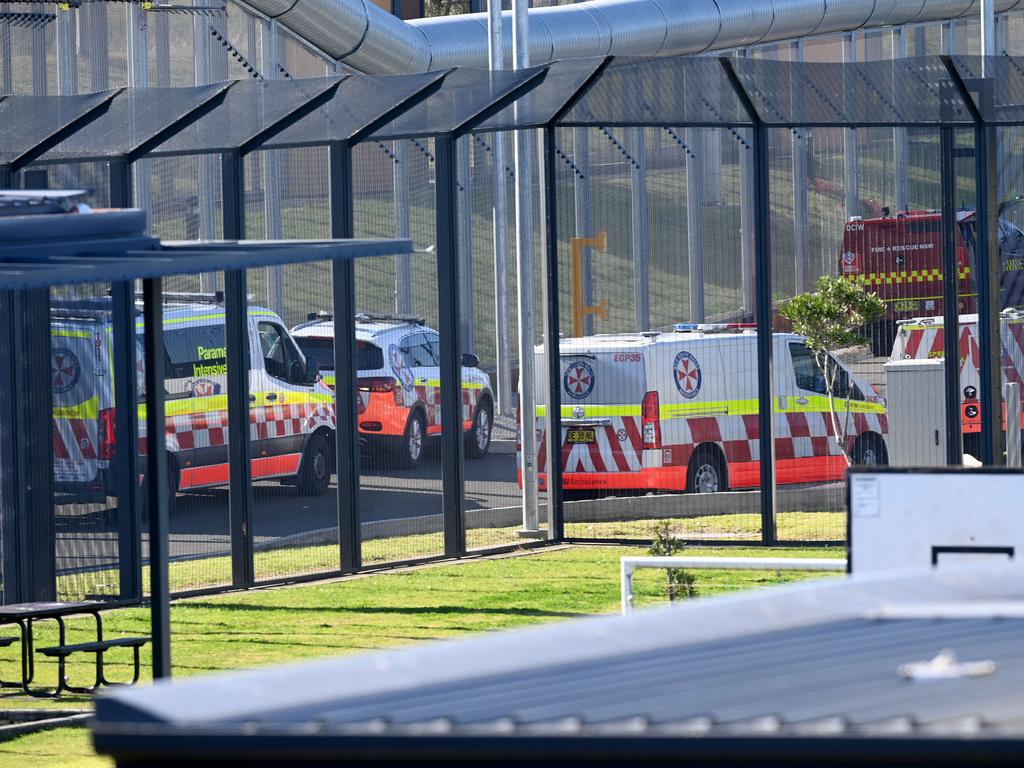
This new legislation will allow the minister to determine that an item is a “prohibited thing”, which could include bootleg alcohol, illegal drugs, internet-capable devices and SIM cards.
It will strengthen powers to search for, screen, seize and retain prohibited items without a warrant, and allow for searches within centres, including the use of detector dogs.
Communication devices are currently being used to organise drug crime, child exploitation and grooming, domestic violence, money laundering and fraud so officers need the power to seize and search phones.
But the new laws will include safeguards to ensure a detainee’s right to communicate freely continues to be met.
If Border Force seizes a detainee’s communication device they will be required to provide an alternative, meaning detainees will not be cut off from support networks or legal representatives.
Under existing arrangements, there is no ability for the ABF to restrict access to these items — including dedicated encrypted telecommunications devices.
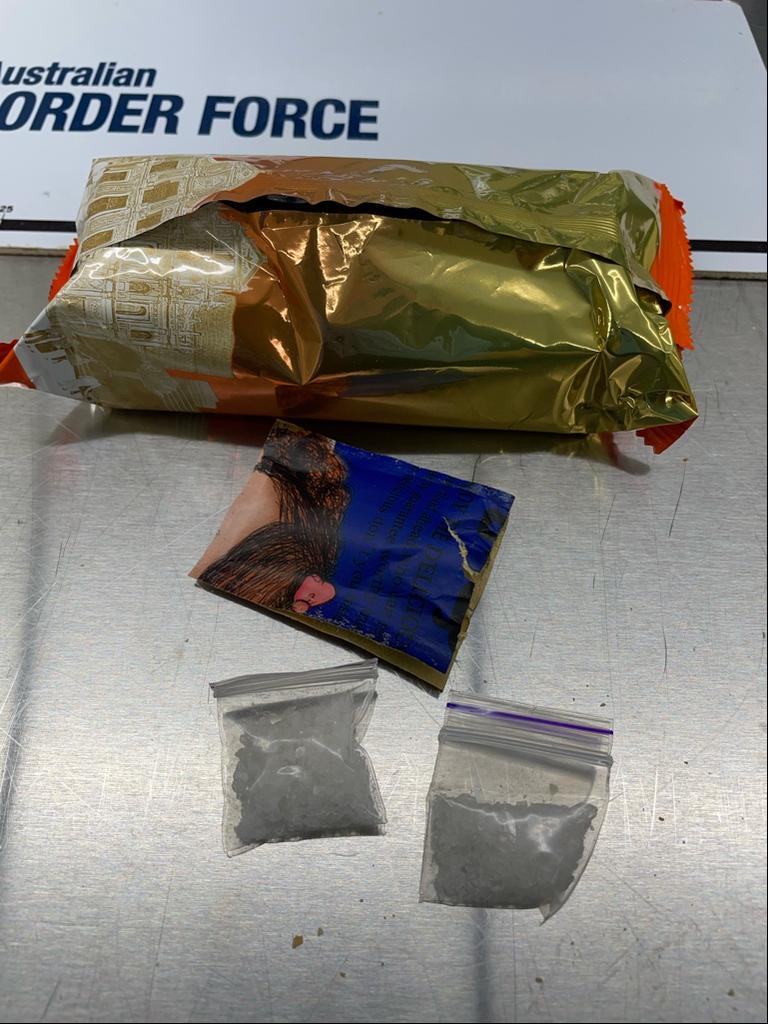
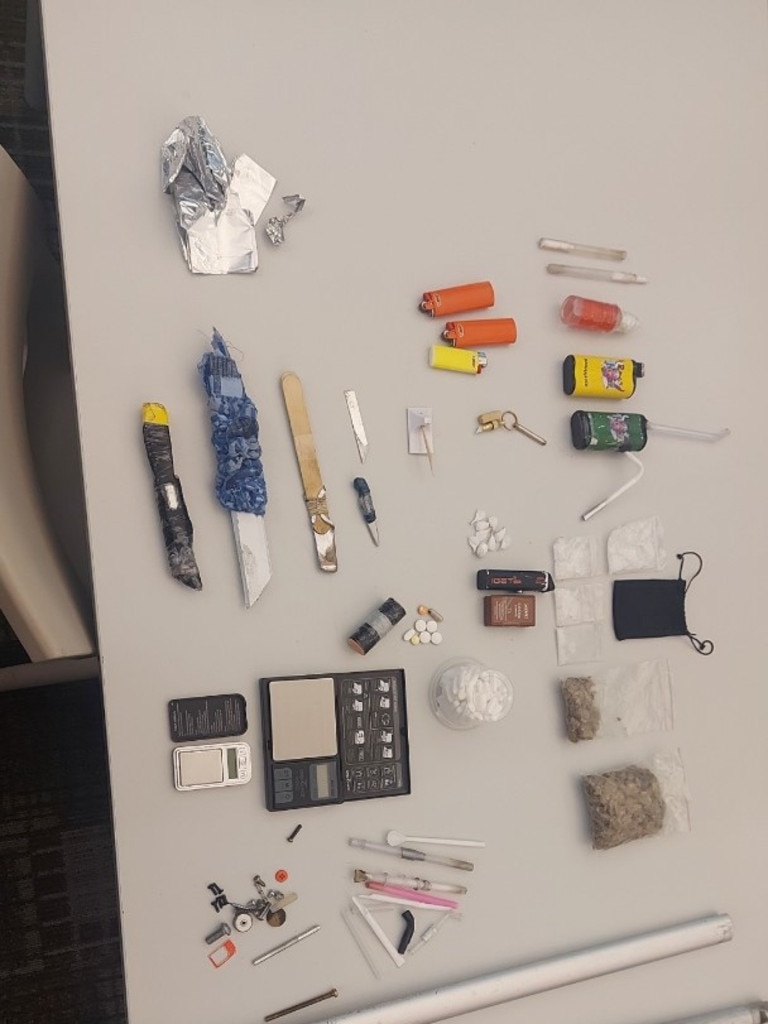
Currently, the centres serve as administrative detention, with staff unable to make searches of incoming property or detainees for drugs.
Officers can search for hidden weapons and items which may be used for escape and can only confiscate drugs which are found in searches for these purposes.
The changes also respond to external calls for action, including from the Australian Human Rights Commission, whose report into conditions at the Yongah Hill Immigration Detention Centre recommended bolstered search powers for staff where there is reasonable suspicion of drug concealment.
Minister for Home Affairs and Immigration Tony Burke told the Telegraph the Government is “committed to a safe and secure immigration detention network for both staff and detainees”.
“The increase in incidents relating to drugs and alcohol is not acceptable, and officers need the ability to ensure the security and good order of immigration detention centres,” he said.
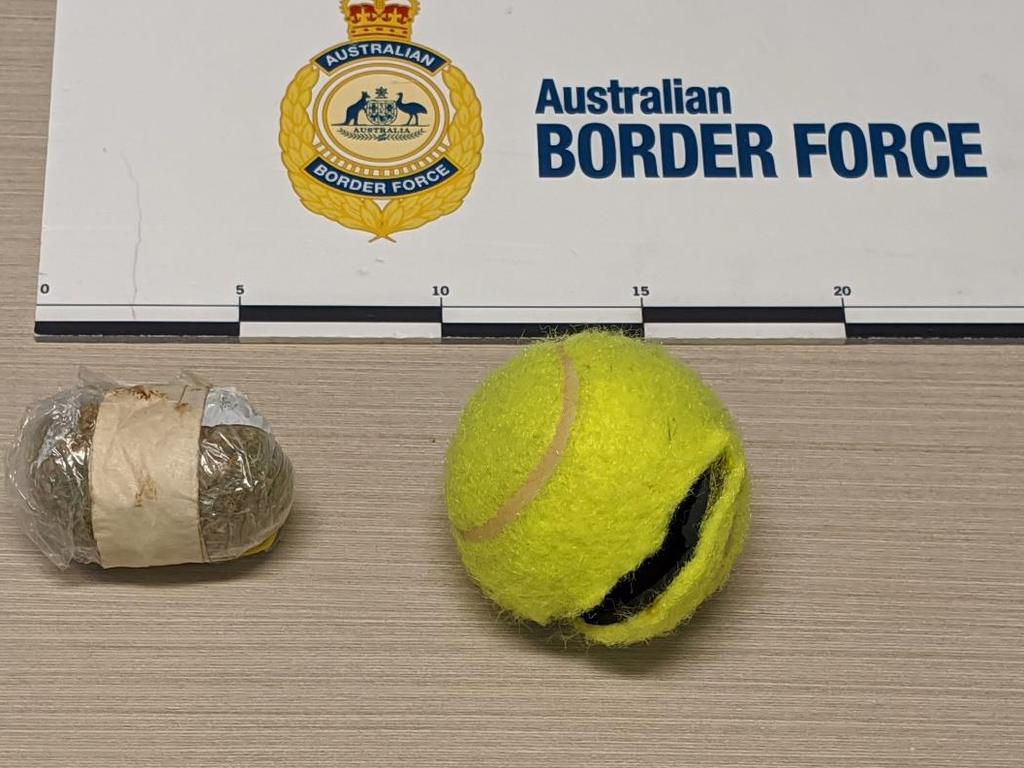
“Critically, the government’s legislation includes important safeguards not included in earlier versions of the legislation proposed by the last government.
“Specifically, the legislation will stipulate that detainees must retain the ability to communicate with family members and legal representation where their mobile device is seized.”
Australian Border Force Commissioner Michael Outram said the safety and welfare of detainees, staff and the Australian community “are my top priority”.
“However, the safety of all has become harder to maintain within our immigration detention centres in recent years,” he said.
“Currently, about 90 per cent of detainees have a criminal conviction. And the prevalence of alcohol and drugs in our detention centres has resulted in horrendous assaults against staff and other detainees.
“Under existing arrangements, the Australian Border Force cannot restrict access to these items.
“While illicit substance treatment programs in the centres have been well-attended, preventing drugs from entering in the first place is crucial.
“Immigration Detention Centre officers do fantastic work, often delivering against the odds and working under challenging environments. Their work goes largely unrecognised. I wish to acknowledge their dedication.”
More Coverage
Originally published as New powers for immigration detention centre staff in fight against violent criminals



